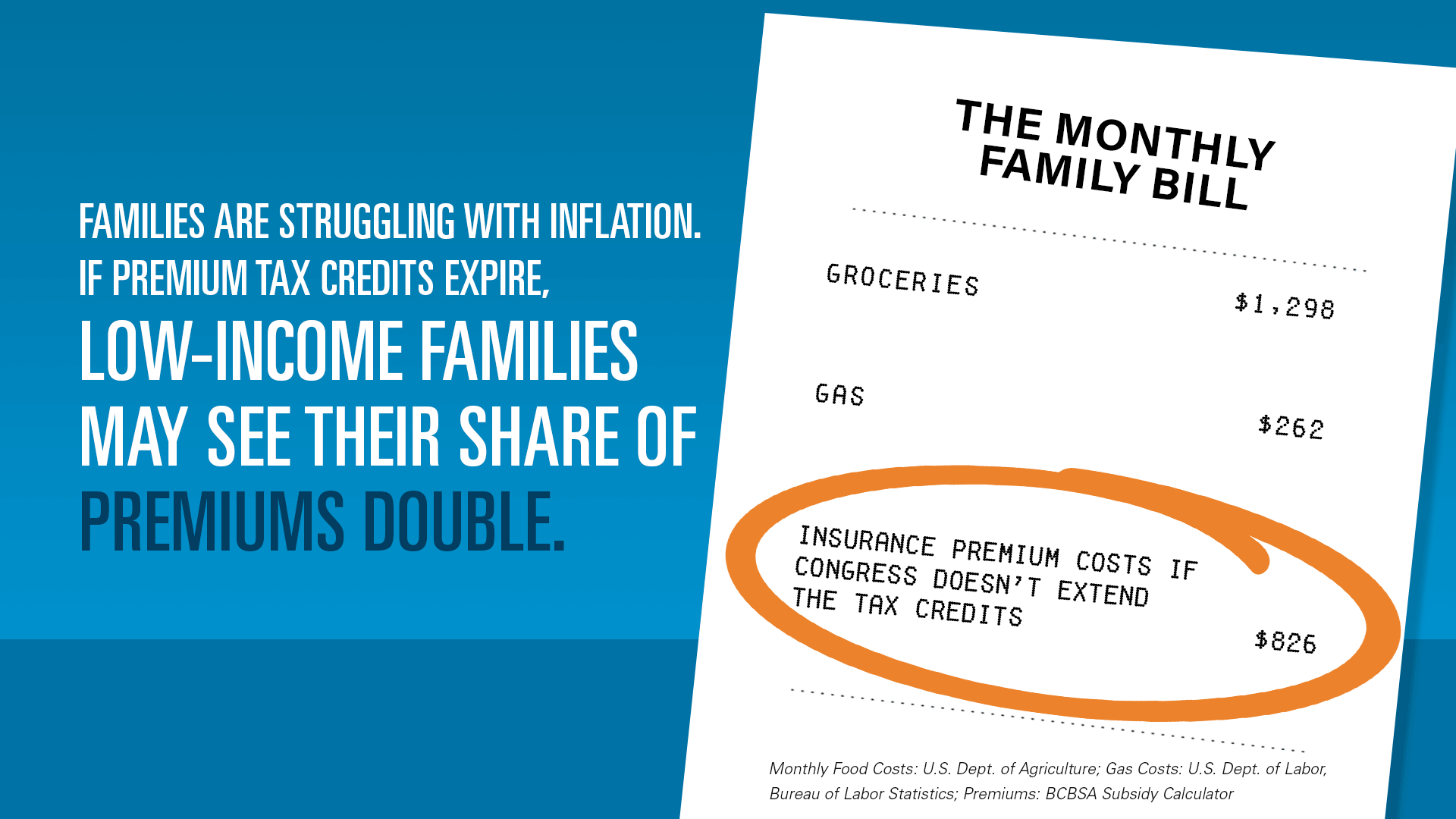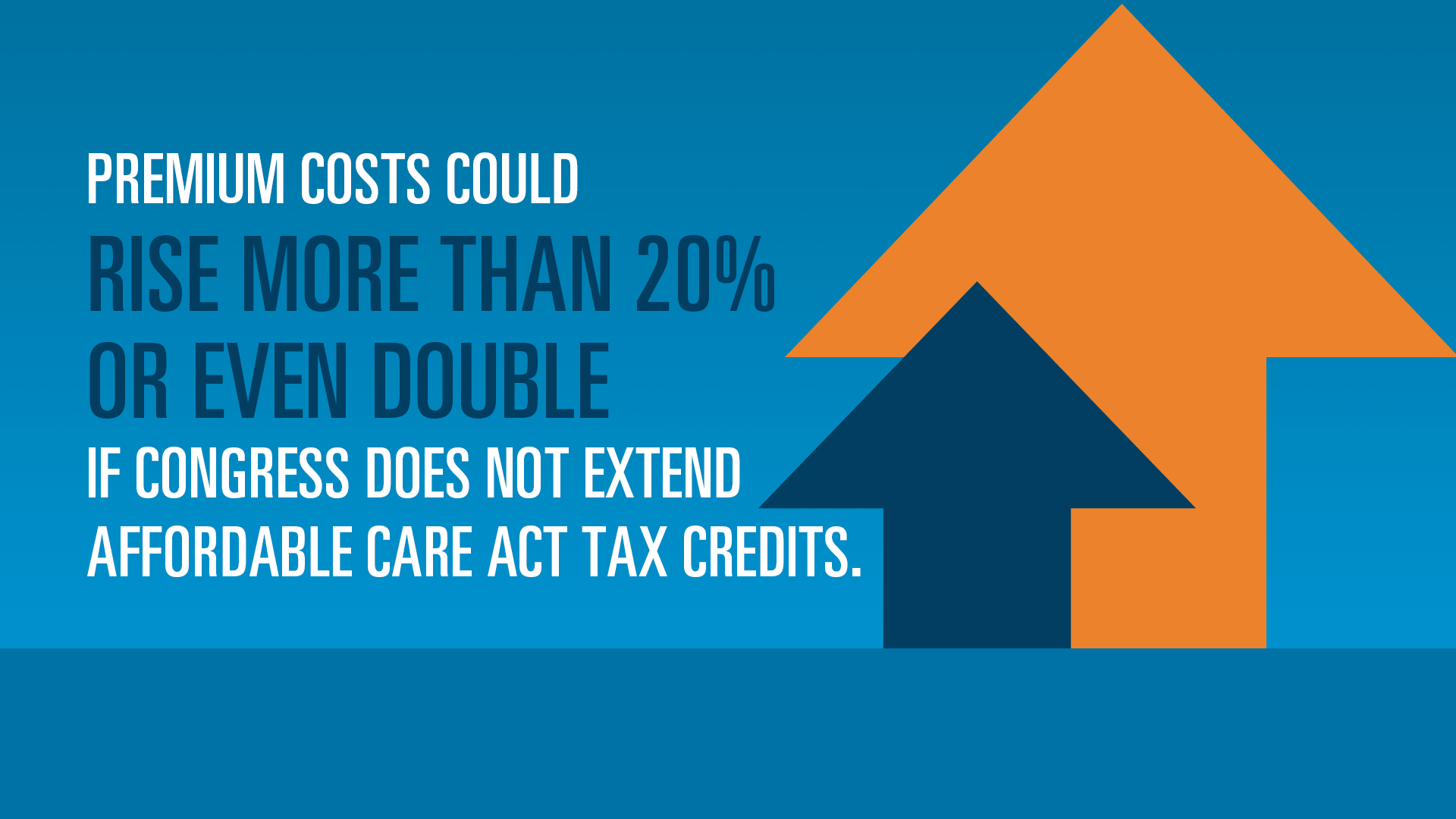Plus, CivicaScript launches first drug | Wednesday, August 03, 2022
| | | | | | | Presented By Blue Cross Blue Shield Association | | | | Axios Vitals | | By Tina Reed · Aug 03, 2022 | | Happy Wednesday, Vitals readers. We're halfway through the week with a 796-word newsletter, or a 3-minute read. Situational awareness: President Biden plans to sign an executive order today to advance access to abortion services, "including through Medicaid" for people traveling out of state, the White House announced this morning. - It comes on the heels of news that Kansas voters rejected an amendment that would have gotten rid of abortion protections in the state's constitution.
| | | | | | 1 big thing: Democrats' backdoor crackdown on pharma "gaming" |  | | | Illustration: Aïda Amer/Axios | | | | Democrats' drug pricing plan could end drugmakers' practice of taking out overlapping patents around one drug — a strategy that fends off competitors but that the industry argues incentivizes innovation after a product is approved, Axios' Caitlin Owens writes. Why it matters: Patenting new uses, delivery methods or ingredients can often ensure monopoly prices for years after a drug's market exclusivity expires. - One key example: AbbVie, a poster child for using patent litigation to delay generic competition, kept biosimilars of its blockbuster Humira off the U.S. market for years after they became available in Europe.
The big picture: Patient advocates, health policy experts and politicians from both parties have for years decried "thickets" of patents they say let the pharmaceutical industry game the system, flout antitrust laws and keep prices higher longer. - If Democrats pass their latest version of Medicare negotiations, it will effectively cap how long drugmakers can expect monopoly-generated revenues from new drugs.
Yes, but: The drug industry says cutting the benefits of prolonged market protections is a huge problem because manufacturers won't be incentivized to find new uses for drugs that have already come to market. - "If this bill becomes law, it will change a lot how companies think about investment and ongoing clinical trials to identify new indications for approved medicines," said Jocelyn Ulrich, a deputy vice president at the Pharmaceutical Research and Manufacturers of America.
State of play: Current law gives small molecule drugs five years of exclusivity after approval, and biologic products 12 years. - Research published Monday in Health Affairs found that small molecule drugs approved in 2019 and 2020 had patent protections that extended for a median of 10.3 years after approval.
- The authors note that these are likely only the drugs' first batch of patents.
Go deeper. |     | | | | | | 2. CivicaScript launches first drug |  | | | Illustration: Annelise Capossela/Axios | | | | Starting today, prostate cancer patients taking the prescription drug abiraterone will likely pay thousands of dollars less a month for a generic version from CivicaScript. Why it matters: It's the first drug to be manufactured and sold by the subsidiary of the hospital-owned nonprofit Civica Rx, which is trying to reshape the economics of drug development. What they're saying: Abiraterone was selected because of the high list price and significant patient need, CivicaScript president Gina Guinasso told Axios. - A month's supply of abiraterone 250 mg will be sold to pharmacies for about $160 a bottle, with a maximum retail price of $171 — about $3,000 less than the average cost for someone with Medicare Part D coverage, CivicaScript said.
- It's an example of how the public benefit company, which includes insurer and pharmacy benefit managers partners, aims to address shortages and soften price spikes for a collection of high-priced generics, as well as insulin.
What they're saying: "We hope that our transparent approach, flowing all the way through to the consumer, will translate into there being less opaqueness and fewer people being hurt by pricing on generics," she said. The big picture: It's among larger market-based efforts to rein in drug prices — at least in the generics market — rather than leave the job to lawmakers. - Their core promise: Price transparency.
Yes, but: While some of these efforts may address cost and access for certain generics, they don't impact the prices of newer drugs. Read the rest. |     | | | | | | 3. Quote du jour |  | | | Photo: Drew Angerer/Getty Images | | | | "Every hospital that receives Medicare funds must provide necessary stabilizing treatment to a patient who arrives at an emergency room suffering from a medical condition that could place their life or health in serious jeopardy. In some circumstances, the medical treatment necessary to stabilize the patient's condition is abortion." — Attorney General Merrick Garland Garland announced Tuesday that the Biden Administration is challenging Idaho's near-total abortion ban, arguing it has "extremely narrow" exceptions. - Specifically, he said, it conflicts with the federal requirements of the Emergency Medical Treatment and Labor Act, known as EMTALA.
Related: States' fight over abortion information catches tech in crossfire |     | | | | | | A message from Blue Cross Blue Shield Association | | What you pay for health care premiums could double | | |  | | | | Nearly 13 million people depend on premium tax credits to afford health insurance. Why it's important: If tax credits aren't extended, premium costs will rise, putting millions of people at risk of losing the affordable coverage they and their families rely on. Congress must finish the fight. | | | | | | 4. States with most Lyme disease claims |  Data: FAIR Health; Map: Axios Visuals From 2007 to 2021, private insurance claims for Lyme disease diagnoses rose 357% in rural areas and 65% in urban areas, according to an analysis from FAIR Health. Why it matters: While Lyme disease affects a very small fraction of the population, this data represents what could add up to tens of thousands of insurance claims in the U.S. - It also shows an uneven and growing distribution of cases across the U.S., per FAIR Health's data.
|     | | | | | | 5. Catch up quick | | 📉 The national uninsured rate dropped to a record low of 8% in the first quarter of 2022, according to a new HHS analysis. (Axios) 👉 The Senate passed legislation expanding health care and disability payments to roughly 3.5 million veterans who have been exposed to burn pits since the Sept. 11 attacks. (Axios) 🍼 The baby formula shortage that has plagued American families this spring isn't over yet, according to a new report. (Axios) |     | | | | | | A message from Blue Cross Blue Shield Association | | Amid record inflation, health care premium costs could skyrocket | | |  | | | | As inflation worsens, prices at the pump and the grocery store pale in comparison to the rise in premium costs Americans will face if Congress doesn't extend insurance tax credits before they expire this year. The solution: Congress must finish the fight to make care more affordable. Learn more. | | |  | | Why stop here? Let's go Pro. | | | | | | Axios thanks our partners for supporting our newsletters. If you're interested in advertising, learn more here.
Sponsorship has no influence on editorial content. Axios, 3100 Clarendon Blvd, Arlington VA 22201 | | | You received this email because you signed up for newsletters from Axios.
Change your preferences or unsubscribe here. | | | Was this email forwarded to you?
Sign up now to get Axios in your inbox. | | | | Follow Axios on social media:    | | | | | |








No comments:
Post a Comment